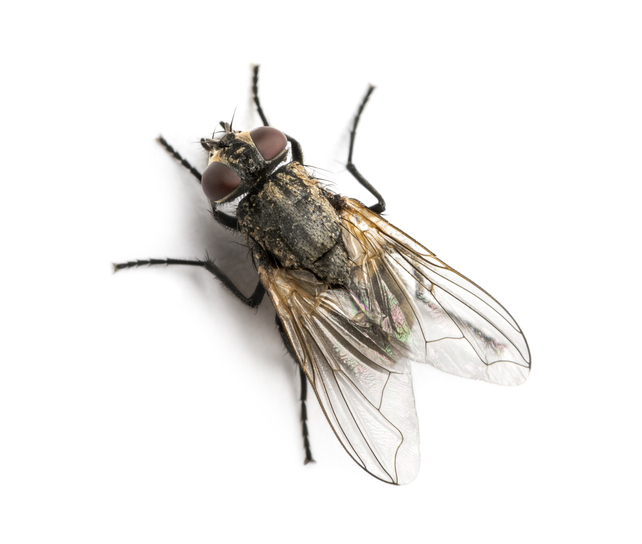Flies can be a persistent nuisance for homes and businesses in the Philadelphia, PA region. Here are some effective tips to get rid of flies and prevent future infestations:
Identify the Fly Species in Philadelphia
The first step is to identify the type of fly you’re dealing with in the Philadelphia region, as different species require different control methods. Common flies include:
House Fly
House Flies
These are the typical nuisance flies found around homes and businesses in Philadelphia. They’re attracted to food sources, garbage, and animal waste. House flies can spread diseases like salmonella, so it’s important to control them. They’re about 1/4 inch long with four black stripes on their thorax.Fruit Flies
Tiny flies that infest overripe fruits, vegetables, and fermented items.Fruit flies are reddish-brown and often found near drains and garbage disposals. They live for about a week but reproduce quickly—a single female can lay up to 500 eggs! Their small size allows them to enter through extremely small cracks.

Fruit Fly
Drain Flies
Also called moth flies or sink flies, these small, fuzzy flies breed in the slime buildup inside drain pipes. They’re fuzzy moths about 1/8 inch long and are typically seen around sinks, tubs, and floor drains. Drain flies don’t bite but can spread bacteria.Fungus Gnats

Drain Fly
Proper identification helps target breeding sources and choose the right control methods for these common fly pests in Philadelphia.
Remove Breeding Sources
Eliminate sources that attract flies and allow them to breed. For house flies, keep kitchens and bathrooms clean, take out trash regularly, fix leaky pipes, and remove standing water. For fruit flies, dispose of overripe produce and clean out drains/disposals with a brush and enzymatic cleaner. For drain flies, use a foaming drain cleaner or baking soda and vinegar to clear slime buildup. For fungus gnats, allow potting soil to dry out between waterings.Use Traps and Baits
Fly traps and baits can be effective in controlling adult fly populations. Look for products containing attractants like pheromones or food-based lures. Popular options include:- Sticky traps: Coated with a non-drying adhesive to capture flies.
- Bag traps: Disposable bags with lures that attract and trap flies.
- UV light traps: Rentokil’s Lumnia uses UV light to attract and capture flies.



